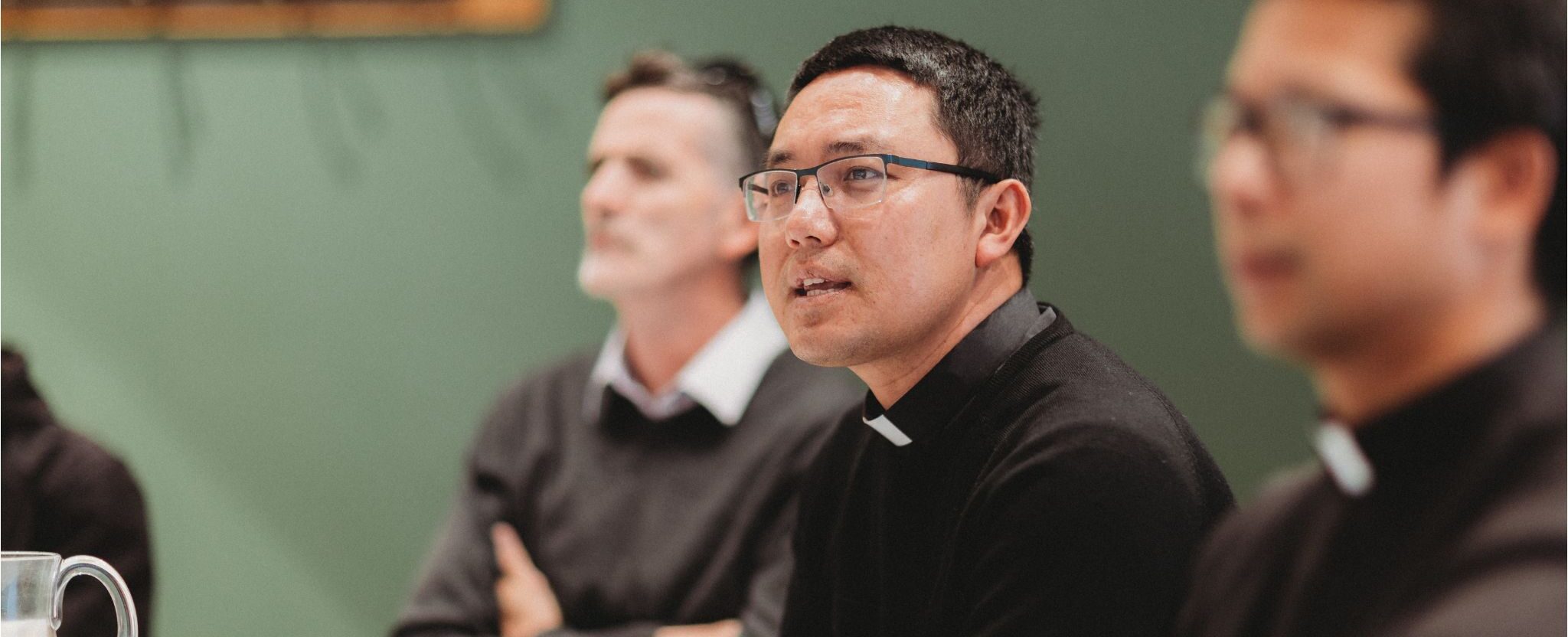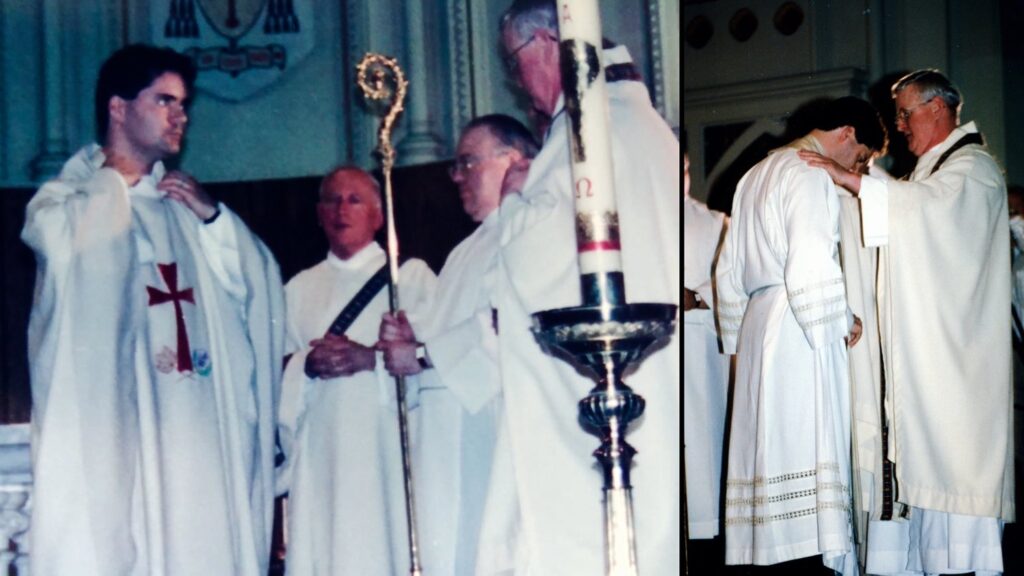
Father James being ordained at St Mary’s Cathedral Basilica in Halifax with Archbishop Austin Burke on May 16th, 1997.
To celebrate Father James Mallon’s 25th Ordination Anniversary, our resident DR Storyteller took to Zoom to discover 10 things you may not know about the man so dedicated to helping parishes move from maintenance to mission.
Jacqueline Marie | May 16th, 2022
Where were you born?
I was born in Glasgow, Scotland. It’s about 600 yards from Celtic Football Stadium, Parkhead.
When did you move?
I was 13 when we moved to Canada.
What were your parents like in your childhood?
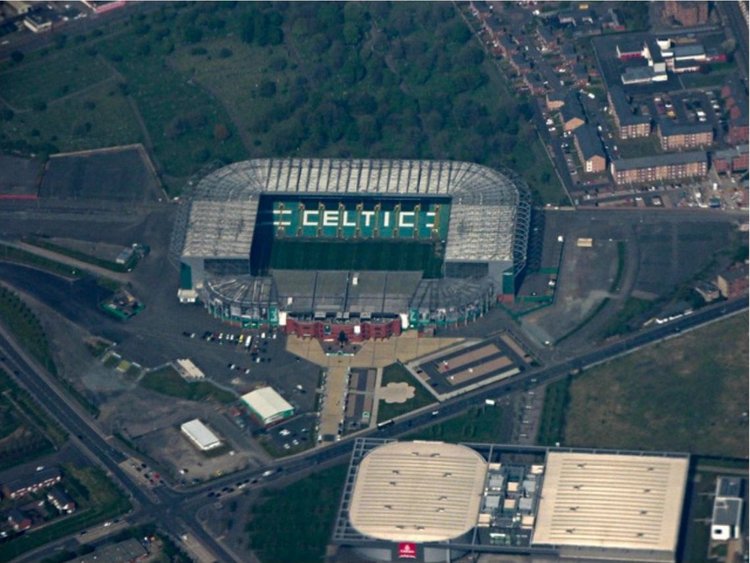
Celtic Park, home of the Celtic Football Club (Parkhead, Glasgow)
They were amazing.
My dad worked as a machinist at Rolls Royce. He often worked night shift, so often, when we would come home from school, dad was asleep. And so I used to see more of my dad on the weekends.
My dad just passed away in October 2019.
He was a very kind man. A very strong sense of social justice, but very passionate about his faith. It wasn’t always that way when he was younger, but he became much more serious about it.
My mum came from a family of six kids in Glasgow. We didn’t have the easiest time when I was young in terms of economic hardship and coming to Canada and so my mom was the one who could feed a family of of 6 on a shoestring budget. You know? So I’m the oldest of four.
My mum is still with us.
So what brought your family to Canada?
“Margaret Thatcher” would be my dad’s answer. My dad was a bit more of a socialist in his political leanings. When the Tories came to power in the late 70s, the industry in the north of England and Scotland really suffered. Also, a lot of my family, my dad’s family had actually moved to Canada in the in the late 60s, early 70s.
In fact, they [relatives] moved to Dartmouth. They literally moved right where my parish is now. Growing up in in in Scotland I I knew I had these relatives in Canada. I had a little flag over my bed that said “Dartmouth, Nova Scotia.” Now, I’m the parish priest of that area.
That’s a little prophetic. Above your head every night as you went to sleep as a child?
When you were in kindergarten, what did you want to be when you grew up?
Tarzan, like the movies, like the Johnny Weissmuller movie.
Guess what I asked for from Santa? A big knife to kill crocodiles. Yeah, I think Tarzan was the first my first vocational calling. And then being a soldier, there was something about that that was quite exciting for me.
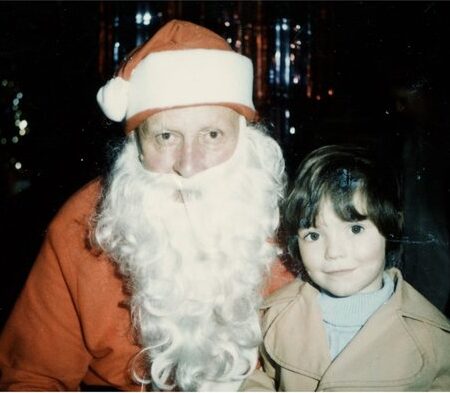
Who had the biggest influence on your faith when you were young?
I think probably my dad. We were in some ways more cultural Catholics. We never missed Mass. But faith was a very private thing. You know, we didn’t even say grace together, but Dad would always remind us to say our prayers before we went to bed. I remember, one time as a kid during the day, bursting into my parents bedroom and my dad was on his knees praying. And I’ve always remembered that you know, like seeing my dad pray like that.
I remember as a kid when we would go on family vacation, the few times we did, the first thing as soon as you arrived in the place you were staying, you would find where to go to Mass.
I remember this one vacation. It would have been about 1980 and you know sometimes when you go on vacation you forget what day of the week it is.
I remember we were walking around this pond and my dad was pushing a pram with my brother in it. I remember my dad froze in his tracks and he said “We forgot to go to Mass! It’s Sunday, we forgot to go to Mass!”
Growing up you wouldn’t talk about a personal relationship with Jesus. And when I experienced that in high school and started to try to talk to my dad about that kind of relationship with the Lord he couldn’t relate to it. I mean, he found it very unsettling. For him, God was kind of distant, like during the hard times it was, you know, “why is God punishing us?” But I think you know towards the end of his life he had a a bit of a conversion to experiencing Jesus in a personal way, so that began to change.
I remember I bought my parents Bibles. I remember one time my dad when I was in high school getting angry with me and he yelled at me one time, “Stop trying to evangelize me.”
But he was a kind man, and he had a a very, very kind heart. Always wanting to support the underdog and all of that, so that I’d say my dad probably was the biggest influence on my faith.
Was your calling to the priesthood a specific moment or a series of moments?
A specific moment, literally. I had never ever thought about being a priest ever, and then one day after my first year at Dalhousie University – I was in a pre-med program. I had a conversion when I was in grade 11 and that past year I was really growing spiritually, like in a very intense way. I was caught up with a girl who was from a Christian Reformed background. We were very serious. I was convinced we were going to get married. But I was having these more intense spiritual experiences: entering into prayer, beginning to learn a lot about what it meant to be a Catholic and theology. This Easter Sunday at Mass in my home parish, all of a sudden out of the blue, had this experience where I literally, just knew I was going to be a priest like with every cell of my body.
I knew I was going to be a priest and it was incredibly overwhelming and I remember I started to weep, but after the Mass that day I dug a big hole in my subconscious and buried it. I said, “God thank you, but no thank you.”
I wanted to get married and so I started after that kind of ignoring it and making a deal with God, saying, “I’ll commit my life to you. I’ll be a missionary. I’ll do your work with a wife. I can be a Deacon, but with my wife.”
That lasted for about 8-9 months more before I really surrendered to it because it just wouldn’t go away. It kept coming back and coming back and coming back. It came to a moment that fall in November where I had this particular experience that brought me to a place of surrender. And then the next day I broke it off with my girlfriend. The rest was history.
What makes you want to continue the journey of renewal by starting over again in a new parish?
I think in the end it’s worth it. It’s just simple as that.
I know that Saint Benedict Parish is in capable, capable hands. So that’s not a going concern. I suppose it must be kind of like childbirth. I don’t know, but I think for most women the only reason you would consider doing it again seriously is because you kind of forget the pain. I can only imagine, obviously, using that analogy, but it seems to me it’s the same thing. Why do it again? It is because they know the joy at the end of it. St. Paul uses the image of giving birth in Gal. 4:19. Jesus, in John’s Gospel uses the image of a mother who when she holds her child forgets the pain of the process. So I’ve always felt called to this local church and again one of the values of Divine Renovation is “from the trenches.” When I was working for the diocese halftime and halftime with Divine Renovation after like 2 years I began to feel this kind of a stirring. Here I was kind of coaching priests and talking to priests. COVID changed so so many things and I was feeling out of touch – feeling like I don’t know what I’m talking about anymore, like a professor who’s reading from the from the notes he used in 1975.
If you look back over the last 25 years, what was your high point within ministry?
High point… so many high points. I mean, when I think through all of the things I’ve gotten to do it, it’s insane.
Really, probably, the Divine Renovation ’16 conference at the very end of the conference when we recognized the volunteers.
We had, I think, 300 parishioners volunteer to work at that conference and we invited them to come for the end of the second night and about 140 of them were downstairs and at a certain point, the presenter invited them in. All these parishioners came flooding in and walking up the aisle to the front and the whole place got up on its feet and cheered and clapped. And the people kept coming and coming, and coming and coming.
The conference was rated incredibly highly by people. But why did they say that? It wasn’t the great speakers. It wasn’t the great music. It was getting to meet the parishioners and hearing the stories of parishioners. And so that’s what made it real to them.
And as I saw these people walking up the aisle, this was what moved me to tears . These were ordinary people who allowed God to do something extraordinary in them, through them.
Compared to many places in Canada and the USA ,this was not a large parish. But God was able to do something extraordinary in it, through these ordinary people. That was young and old, seniors and young people and I remember that for me was a high point. When I saw those parishioners walking in and the people getting to their feet and applauding the parishioners of Saint Benedict Parish, I thought my heart would explode.
I thought it would burst.
What makes you most excited about Divine Renovation going forward?
The fact that it’s not about Halifax or Saint Benedict or James Mallon anymore. It may have started there, but it’s not anymore. We’re telling the story of people in different contexts, in different parts of the world, and different faces, different voices, different types of leaders. People who have sunk their roots into this particular model, in these values, in their context, and they’re doing a lot of innovative, amazing things and seeing fruit.
What is your dream for the global Church?
It’s the same as what Pope Francis says in Evangelli Gaudium, I think it’s paragraph 27:
“a missionary impulse capable of transforming everything, so that the Church’s customs, ways of doing things, times and schedules, language and structures can be suitably channeled for the evangelization of today’s world rather than for her self-preservation.”
That’s my dream, I’m one with Pope Francis on this. That part of that means undergoing the shift, the profound shift that we need to make to rediscovering our apostolic missionary origin. The fact is that the Church doesn’t have a mission, the mission of Jesus has a Church.
A missionary Church that embraces the very method and values of Jesus into being a field hospital for the broken. Getting that combination of walking with people and accompanying people in their brokenness and even in their sinfulness to a place of liberation and freedom and forgiveness and new life. If we can get that right, then it is an amazing thing.
To see our parishes becoming places where the broken can come and be loved and cared for, and be loved and cared into life.
If the entire global Church can start moving in this direction I think that would be an incredible thing.
That’s why, that’s really what Divine Renovation is all about as well.

